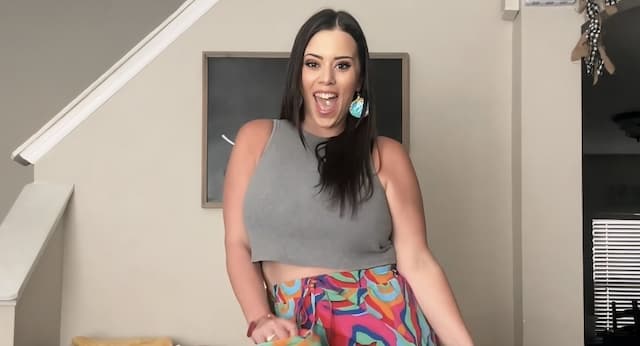The Trauma Survivor’s Guide to Dating After Divorce

No little girl ever dreams about her “happily ever after” and considers divorce to be thrown into the fairy tale. I know that I didn’t, but it happened when I ended my first marriage at 33 years old.
It was never what I wanted and was excruciating at the moment. I was also codependent, so the thought of living without him seemed to be more than I could ever handle. I was broken, had three children to raise, and felt like no man would ever want my “baggage.”
After spending time healing, I started to slowly date other men. It was a tornado of emotions. On one hand, I met my ex-husband at 15 years old and had never dated in my life, so it was new and exciting. On the other hand, I had no idea what I was doing, or what to expect, and could trust no one after being abused, manipulated, and cheated on for many years. I was a mess, but I also was blossoming into an independent woman.
Dating after divorce had its extreme highs and lows. For one, it showed me where I had accepted disgusting behavior from a man and called it love for so long. I was beginning to see where I was brainwashed and gaslit into believing it all. Some of the men that I talked to while dating could sniff that out immediately and attempted to prey on it. I quickly realized that I had to be on guard from repeating my past mistakes in relationships. Another man showed me that there were indeed gentlemen in this world who would cherish me and be emotionally available to me in the ways that a partner should, and that man is now my husband.
That didn’t stop insecurities from my previous marriage of fifteen years to run wild in my mind. I was molded into believing that I wasn’t good enough for even the simple things like nice dinners or gifts. I wasn’t made to feel like I was worthy of a person researching and planning a special date just for me, or that I was even desired more than just an object that could be wanted or rejected on any given day. This all felt like unusual territory, and I had no idea what to think as my now-husband wanted nothing in return other than the opportunity to get to know me further. He was the perfect gentleman, and little by little, I began to realize that I most definitely was worth every second of it.
Dating after divorce, especially if the prior relationship was toxic, can be challenging. You have been starved of genuine love and attention for so long that you almost crave it. On the flip side, you may be so extremely sensitive to red flags that you are almost looking for any reason to run because you never want to endure what you survived again. So, how do you find a balance?
First, take the time you need to date yourself before you jump into anything romantic. You are worth finding! The greatest gift you could ever give yourself is the adventure of soul searching. You will realize very quickly how incredible and unique to this world you truly are. If you have been in a controlling or abusive relationship, the odds are that you have no idea what makes you feel fulfilled or happy because you have been too busy surviving to even consider the thought of living. It’s time to heal from your past and be your own hero. You don’t need a knight in shining armor when you can rescue yourself!
Once you feel ready to date, the key is to remember that you cannot compare every person you meet to your past relationship. This is incredibly difficult because trauma survivors are taught to look for red flags and signs. While any indication of abuse should end the potential relationship immediately, you must be careful not to assume that every relationship will end up that way. One of the side effects of years of my own trauma was hypervigilance. My body was constantly bracing for impact, so to speak. It was wired to be in fight-or-flight mode, like a wounded animal waiting for a predator to return. Although I hoped that someone would treat me right one day, it was easy for my nervous system to react as it did in the middle of the abuse, even during the slightest healthy argument. It took time, but I began to let my walls down and give my body and mind the rest they so badly needed.
Honesty is another key to a healthy relationship after divorce. You don’t have to open the first date with your past relationship issues, but eventually, if the person seems like someone you could see a future with, it’s important to share your journey with them. This could help them to understand more clearly how to be patient with you when your mind and body are triggered, how much you value authentic love without trauma, and how strong you have had to become to be where you are today. Honesty breeds intimacy and brings couples closer together even when the truth may not always be so pretty.
Lastly, don’t get discouraged if it takes time to find that person who will fulfill you. The last thing that any trauma survivor wants to do is to jump into the sequel of the first relationship simply because loneliness can cause us to lower our standards in trade for momentary affection. You have come too far to not require the healthy love that you deserve. There is someone out there who will treat you correctly, and that person is worth the wait.
Love after divorce can be a beautiful thing. I believe survivors of trauma appreciate the smallest gestures that much more because they know what it’s like to have that love withheld. As they say, to see a rainbow, there must be a storm, to begin with. You have endured the storm, and your rainbow will shine brightly when the time is just right.



